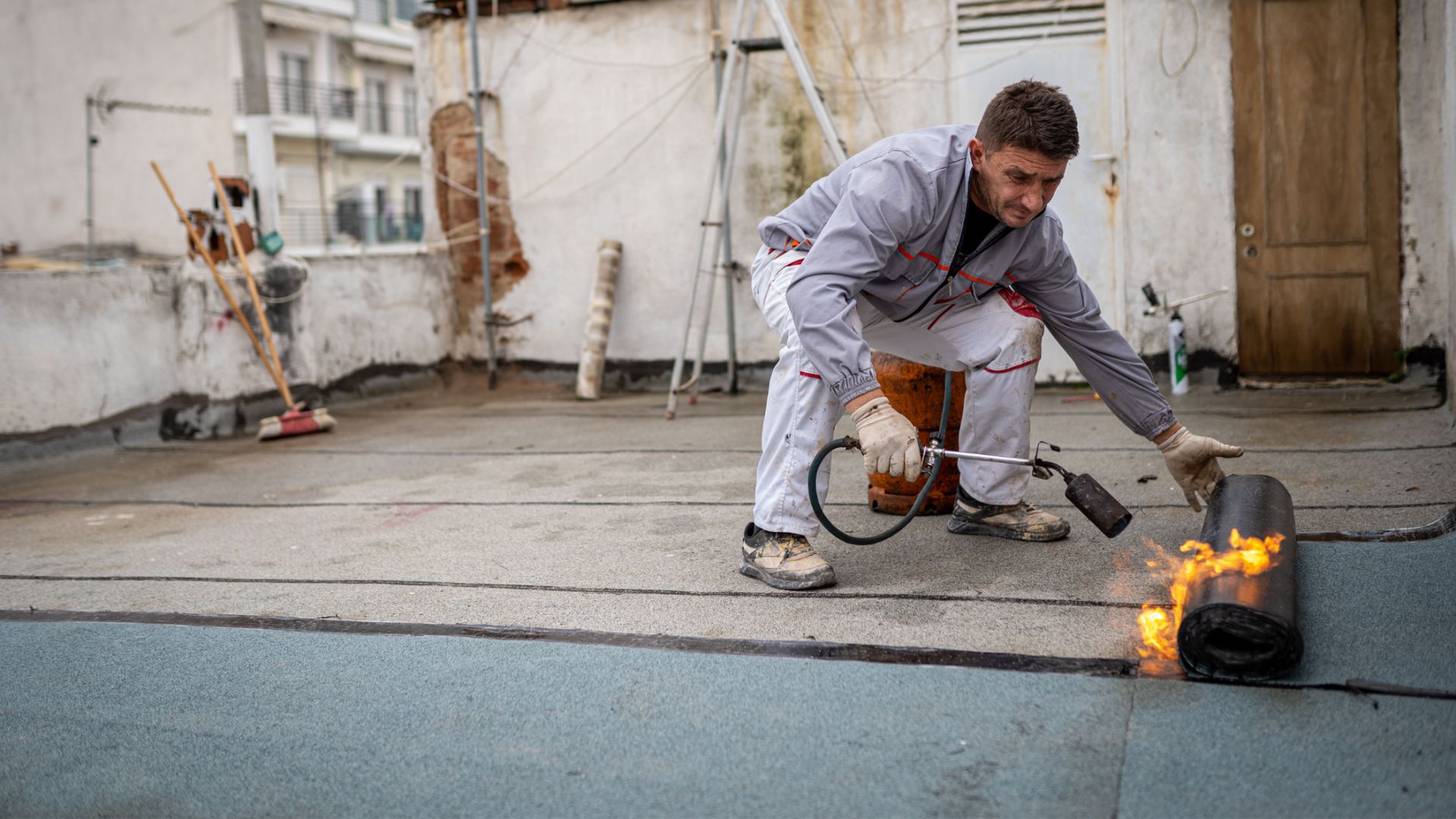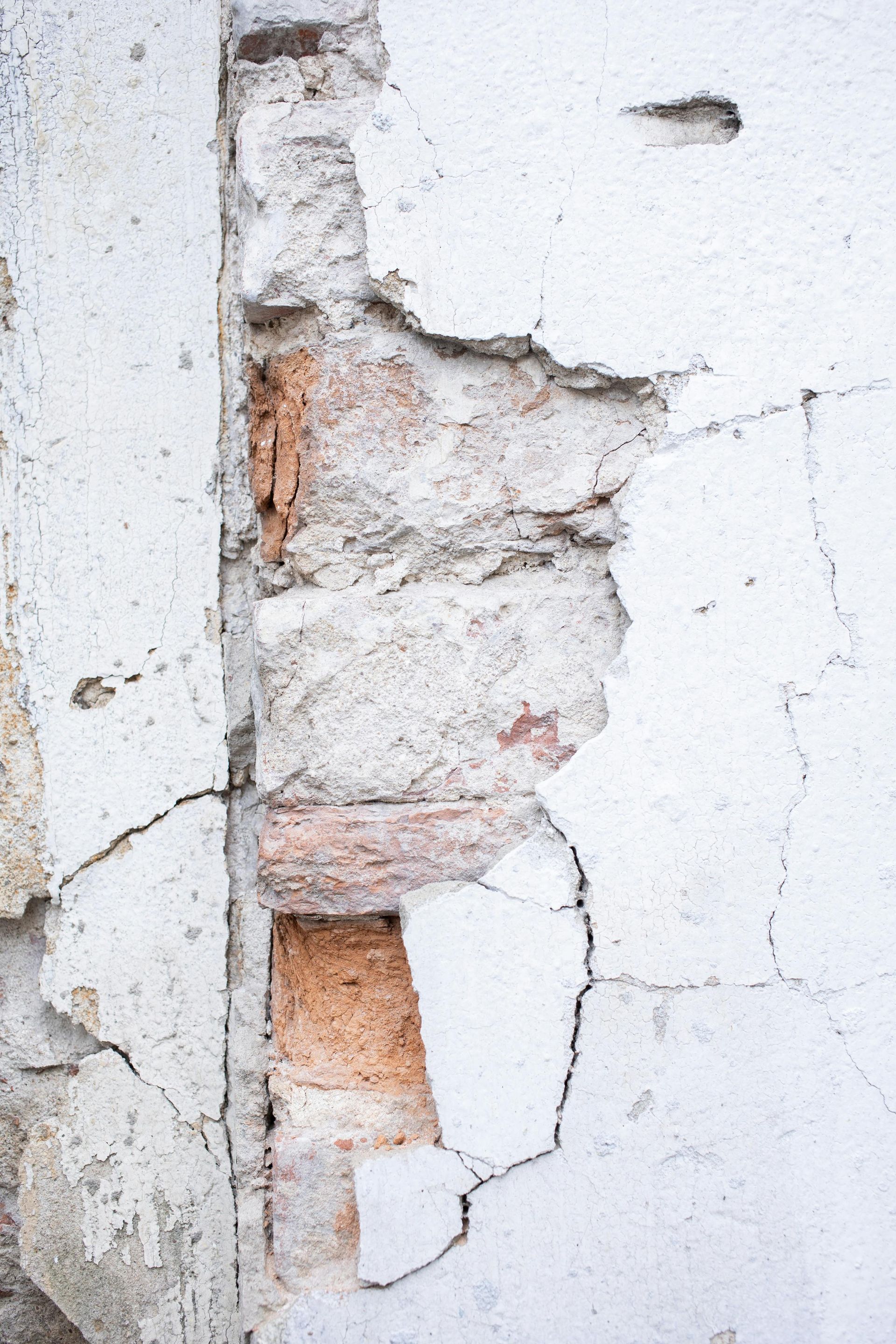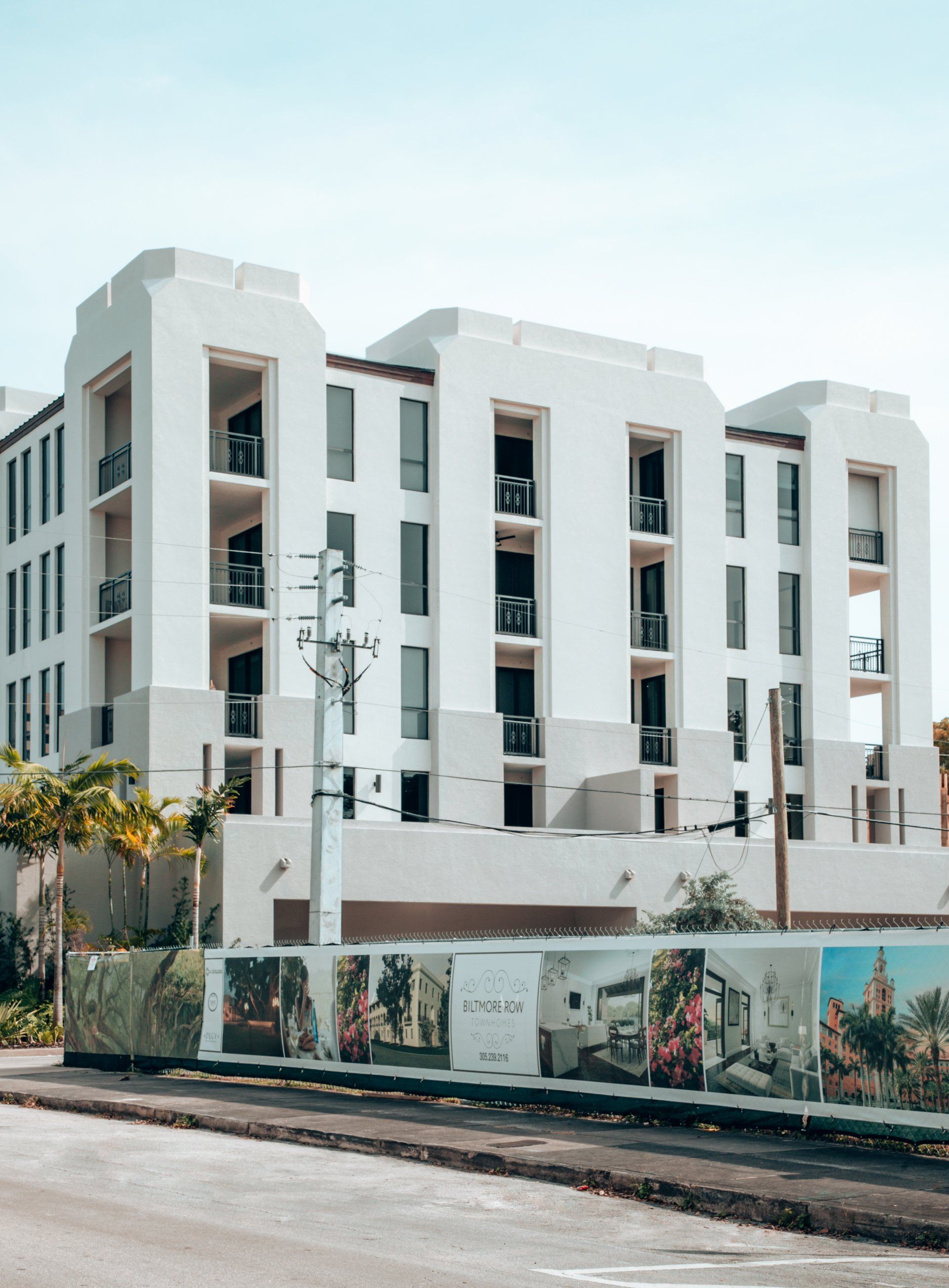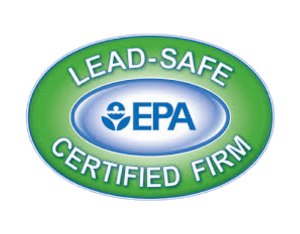Signs You May Need a Repipe and How to Get One: A Complete Guide
Are you experiencing low water pressure, rusty water, or frequent leaks in your pipes? These may be signs that you need a repipe for your community or business.
Repiping is the process of replacing the entire plumbing system in your property, including the pipes, valves, and fixtures. It can be a costly and time-consuming process, but it can save you money and headaches in the long run by preventing further damage and increasing the value of your property. In this article, we'll discuss the signs that indicate you may need a repipe and how to get one.
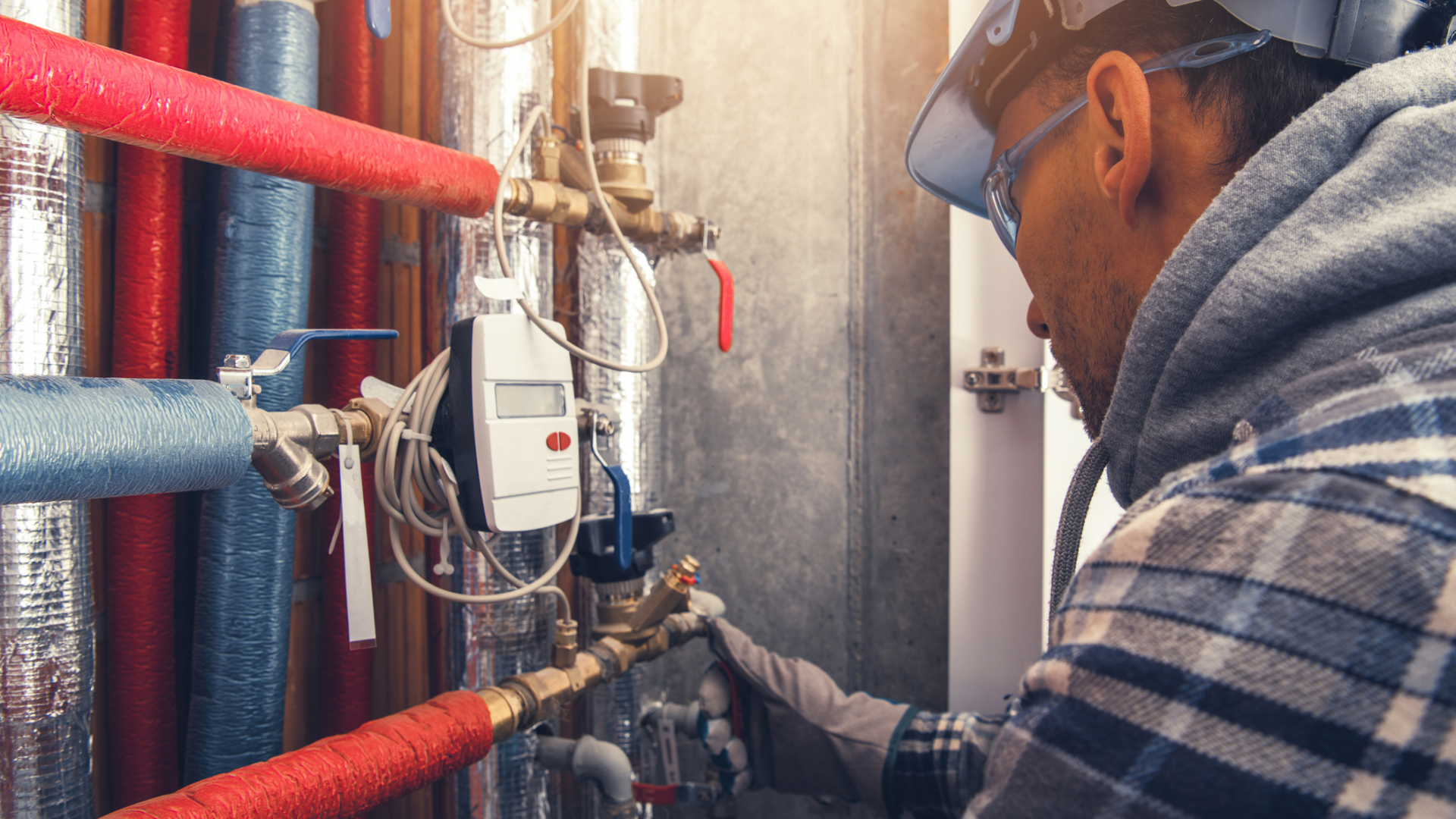
Signs You May Need a Repipe
1) Low Water Pressure
If you're experiencing low water pressure in your shower or faucet, it could be a sign that your pipes are corroded and need to be replaced.
2) Rusty Water
If you notice rusty or discolored water coming out of your faucets, it could be a sign of rust or sediment buildup in your pipes.
3) Frequent Leaks
If you're experiencing frequent leaks or bursts in your pipes, it could be a sign that they are old, worn out, or damaged.
4) Bad Odors
If you smell a foul odor coming from your pipes or drains, it could be a sign of a clog or a problem with your plumbing system.
How to Get a Repipe
If you're experiencing any of the above signs, it's important to
contact a professional plumber to inspect your pipes and recommend the best course of action. Here are the steps you can take to get a repipe:
1) Hire a Professional Plumber
Look for a licensed and experienced plumber who specializes in repiping services. They will inspect your pipes, diagnose the problem, and recommend the best solution for your property.
2) Get a Cost Estimate
Once the plumber has inspected your pipes, they will provide you with a cost estimate for the repipe. This will include the cost of labor, materials, and any additional services that may be required.
3) Schedule the Repipe
If you decide to move forward with the repipe, the plumber will schedule a time to begin the work. This may take several days or even weeks depending on the size of your property and the complexity of the project.
4) Prepare Your Property
Before the repipe begins, you will need to prepare your property by clearing the work area and removing any obstacles that may interfere with the plumbing work.
5) Complete the Repipe
During the repipe, the plumber will remove the old pipes and install new ones. They will also replace any valves, fixtures, and appliances that are affected by the repipe.
6) Test the System
Once the repipe is complete, the plumber will test the system to ensure that it's working properly and there are no leaks or other issues.
Conclusion
Repiping can be a complex and costly process, but it's necessary if you want to maintain the value and safety of your property. If you're experiencing any of the signs mentioned above, it's important to contact a professional plumber to inspect your pipes and recommend the best course of action. By following these steps, you can ensure that your repipe is done efficiently and effectively, so you can enjoy the benefits of a new and improved plumbing system in your community or business. Contact
EmpireWorks today for your next repiping project!
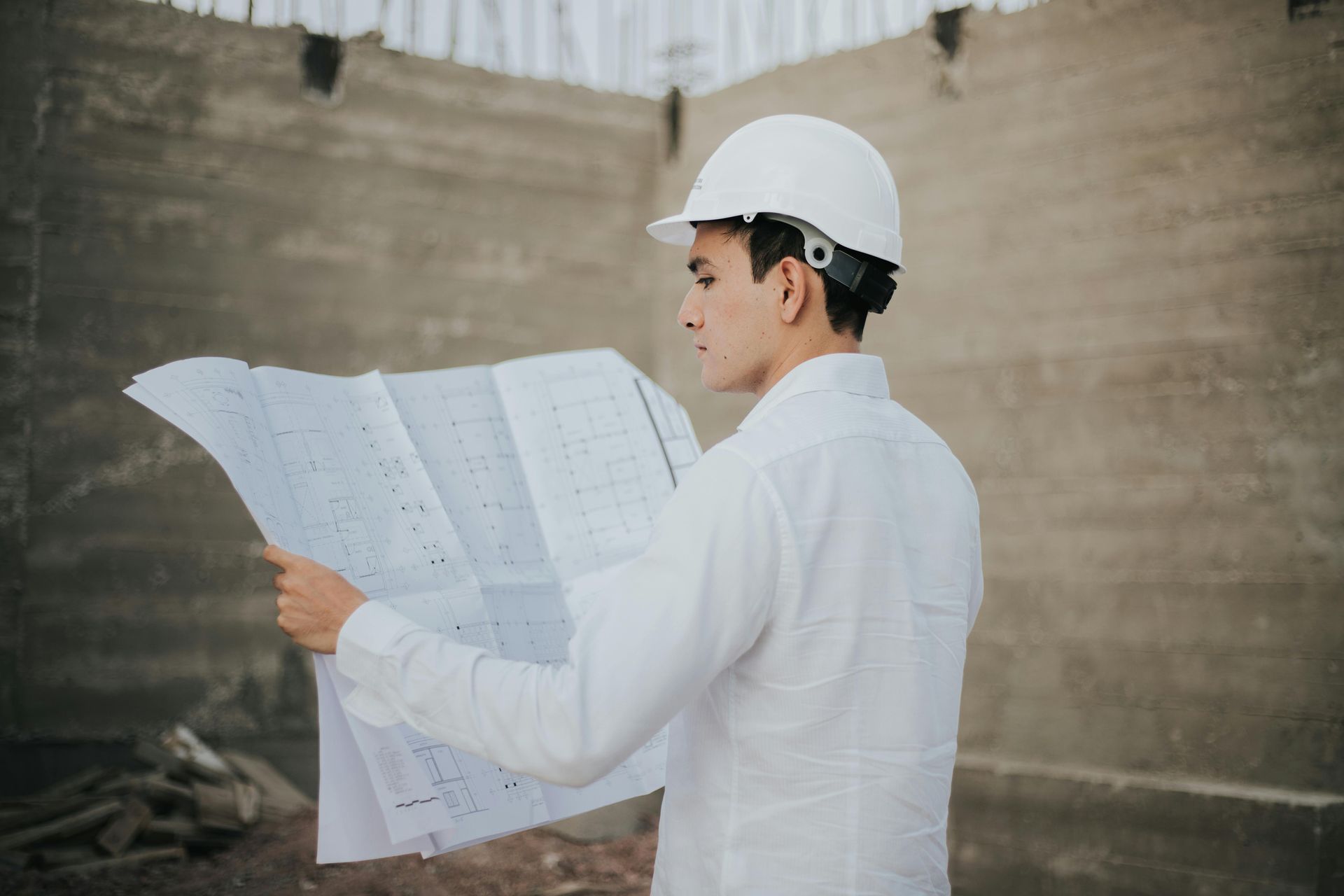
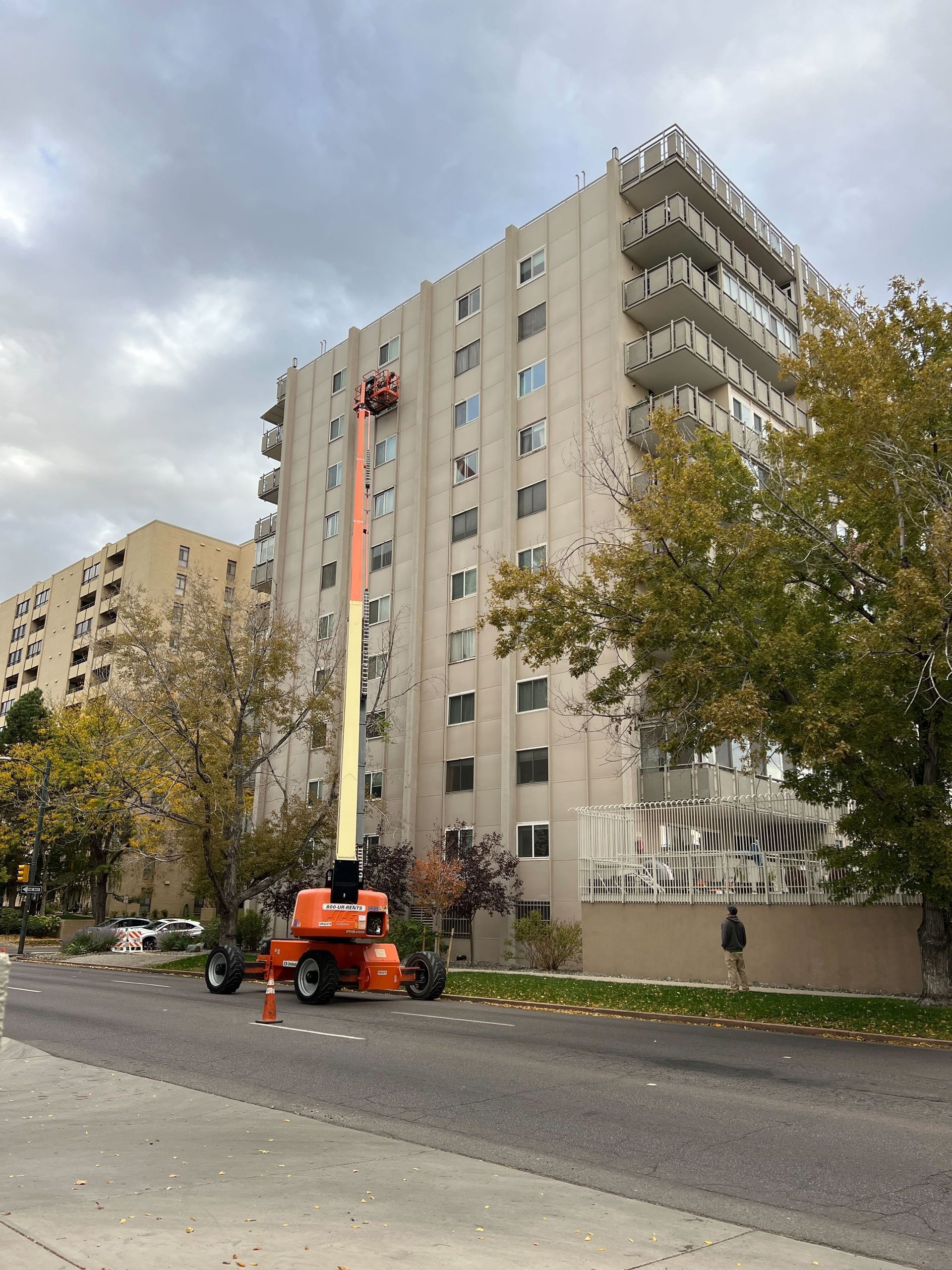

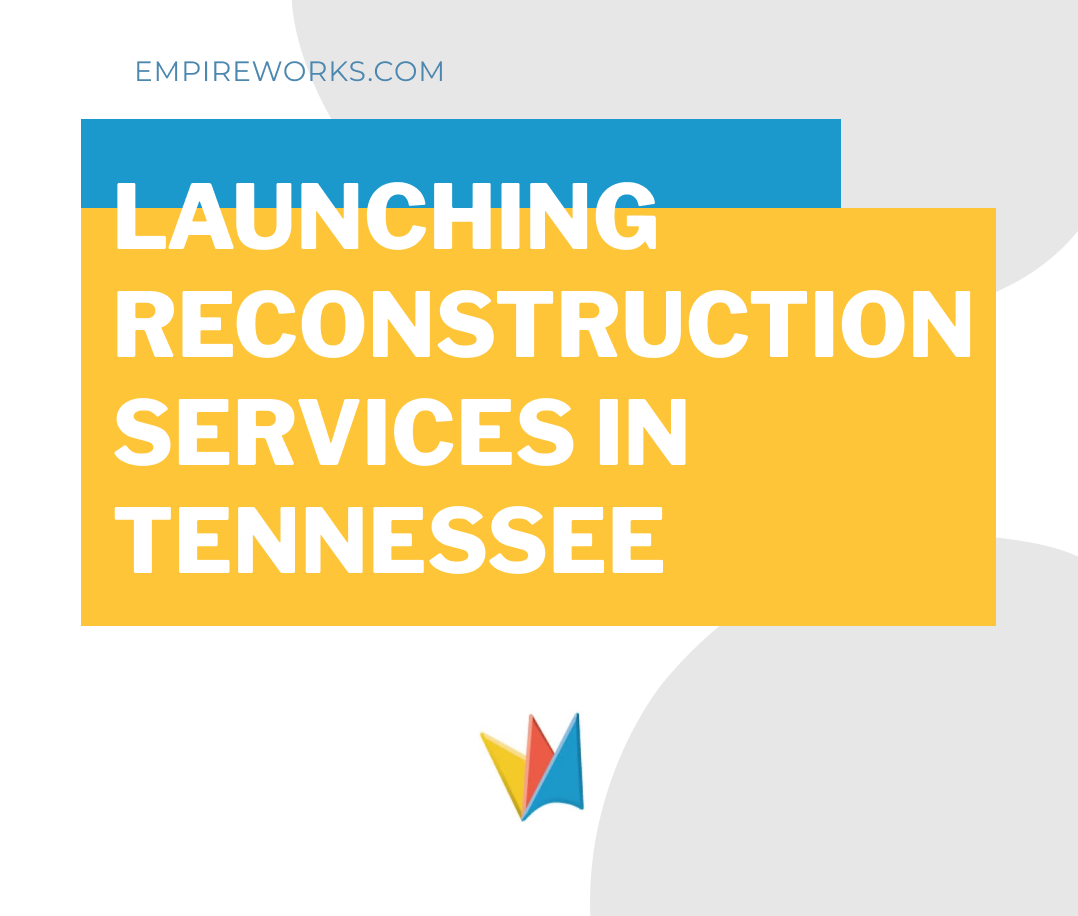
EmpireWorks Reconstruction Launches Top-Tier Reconstruction Services to Middle Tennessee Communities
